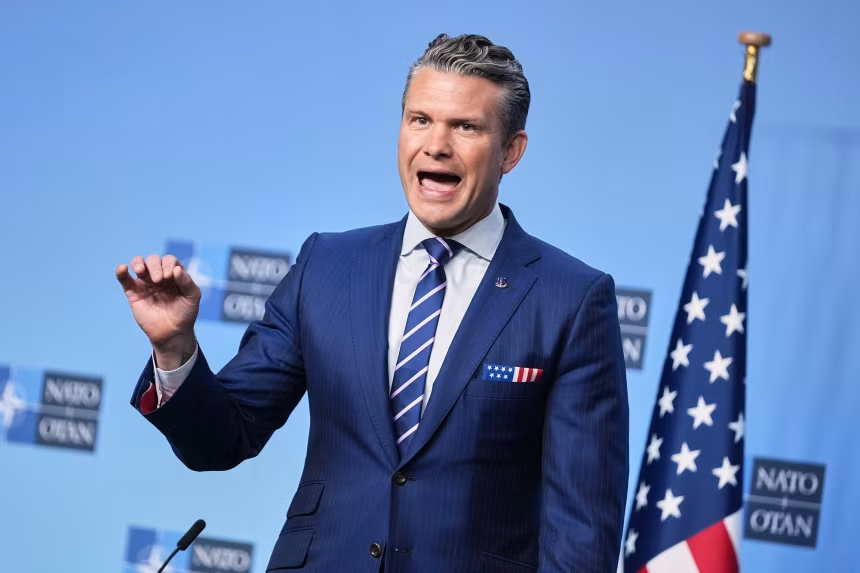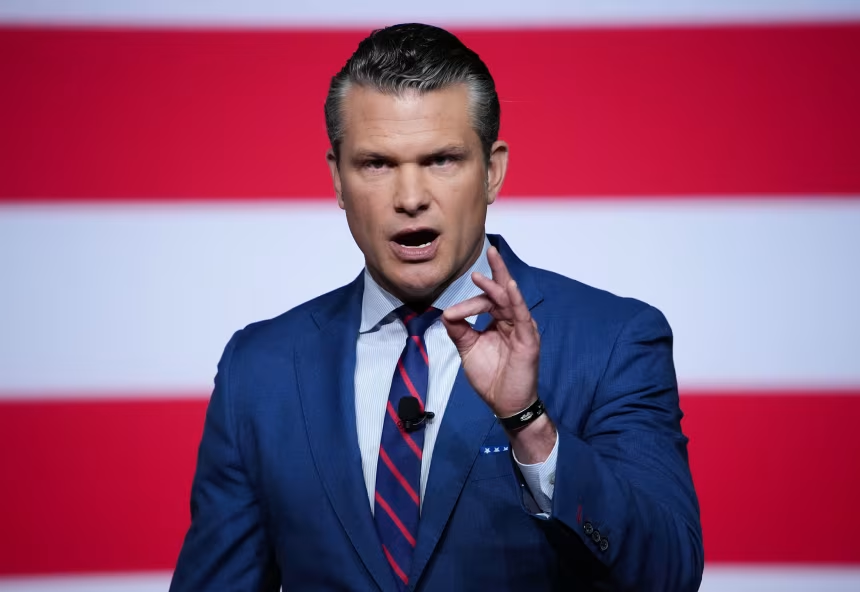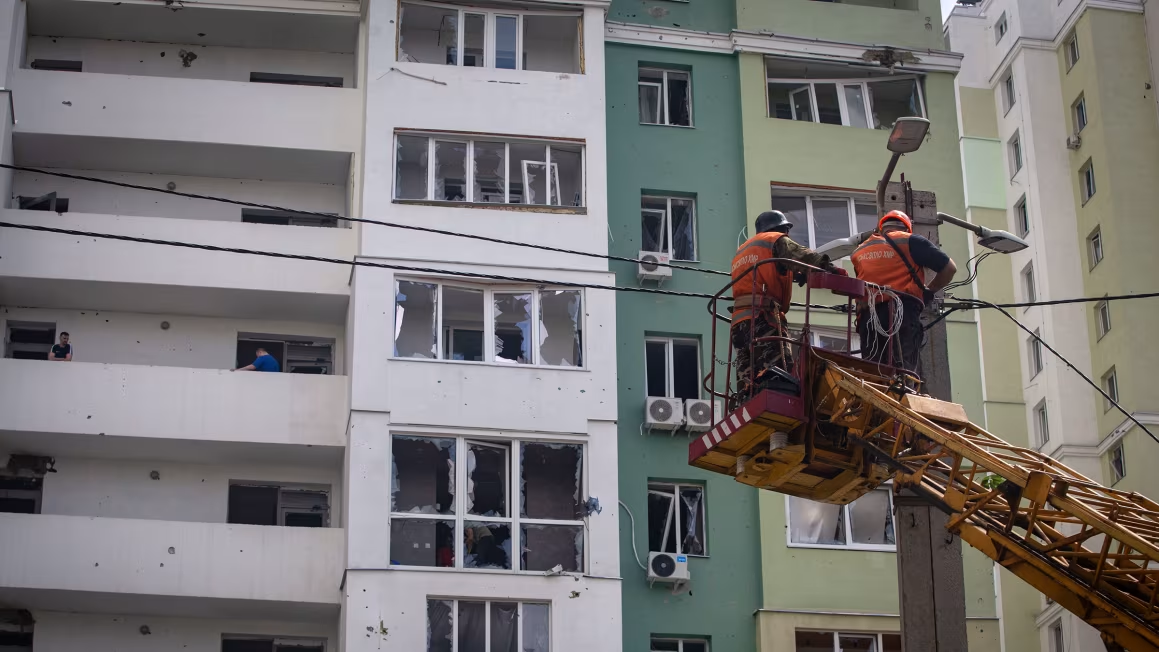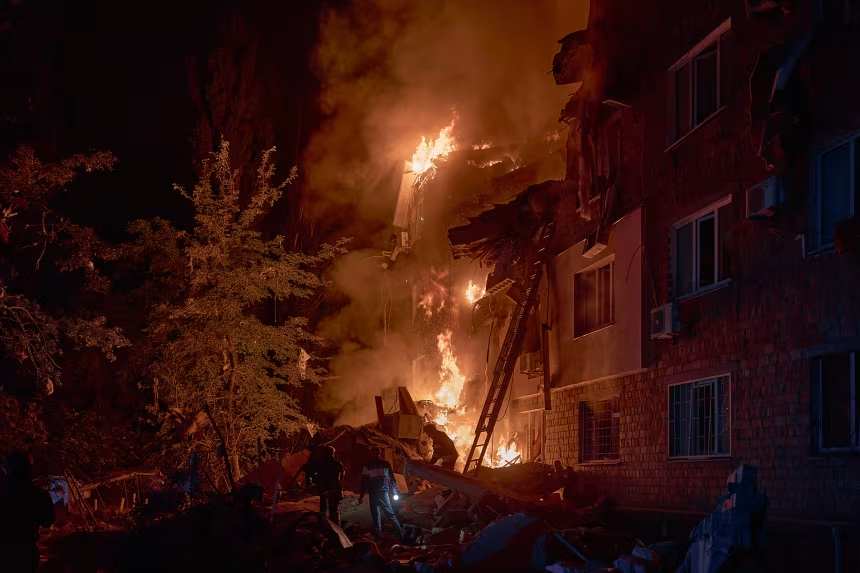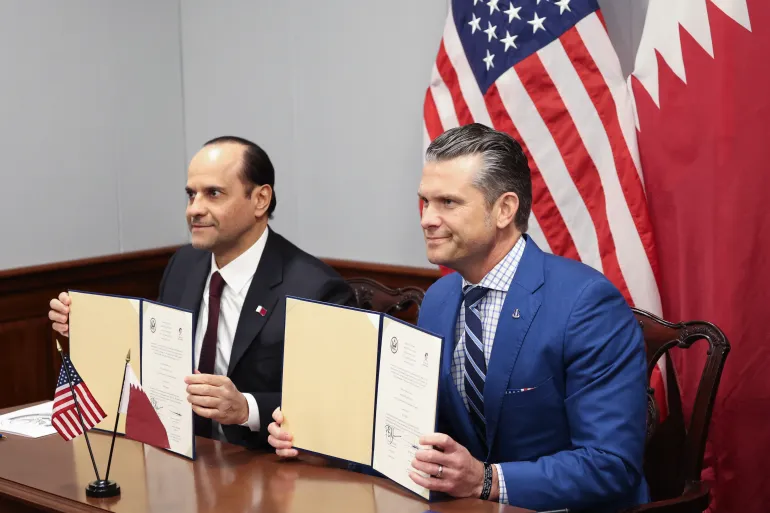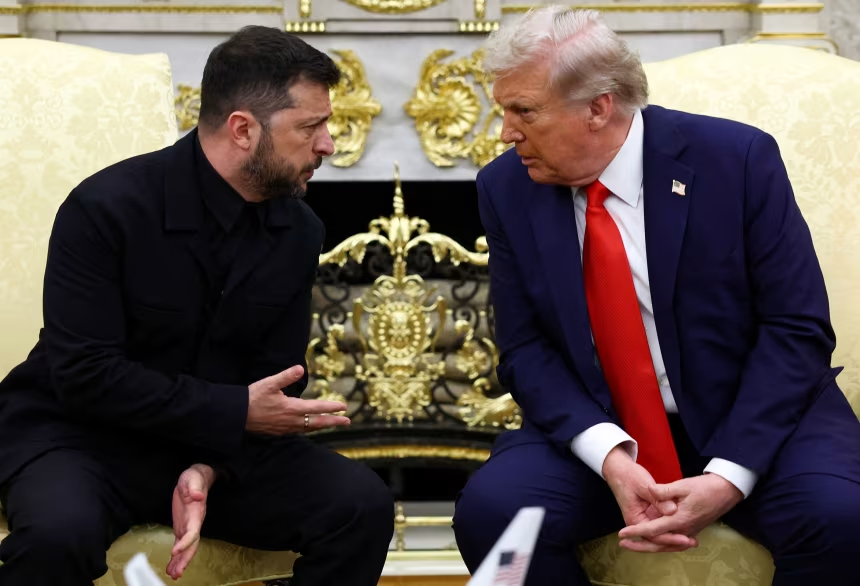United States Defense Secretary Pete Hegseth has issued a strong call to NATO allies, urging them to move beyond promises and start delivering real military support to Ukraine. Speaking ahead of a NATO defense ministers’ meeting in Brussels, Hegseth said that the alliance must turn words into action, stressing that “firepower is coming to NATO, and it must reach Ukraine fast.”
The meeting, which brings together top defense officials from across Europe and North America, is focused on accelerating the supply of weapons, ammunition, and defense systems to Ukraine as it continues to resist Russia’s ongoing military aggression. Hegseth made it clear that the success of NATO’s commitment depends on how quickly allies can turn pledges into tangible battlefield capabilities.
At the center of this push is the Prioritized Ukraine Requirements List (PURL), a program designed to coordinate and finance the transfer of U.S. and allied-made weapons to Ukraine. So far, NATO members and partner nations have pledged around $2 billion in support through this system, although Ukraine has requested up to $3.5 billion to meet its critical defense needs.
Hegseth emphasized that financial pledges alone will not stop Russian forces. He called for faster logistics, more production, and coordinated deliveries of advanced equipment such as artillery, air defense systems, and armored vehicles. According to him, “deterrence is only credible when backed by real capability.”
Ukraine’s military continues to face relentless missile and drone attacks, particularly in energy and transportation sectors. NATO officials say that boosting Ukraine’s air defense and artillery systems will be a key priority in the coming months. The alliance also plans to strengthen its eastern defenses and prepare for long-term security commitments to Kyiv.
The United States and several European countries have already increased arms production and pledged additional support, but delays in delivery and political divisions have slowed progress. Hegseth’s message to the alliance was direct — “Now is the time to act decisively.”
Analysts view this renewed focus as a sign that NATO intends to maintain unified support for Ukraine despite war fatigue and rising tensions with Russia. The Brussels meeting is expected to result in new commitments for both funding and equipment, ensuring that Ukraine remains capable of defending its sovereignty and protecting its people.


